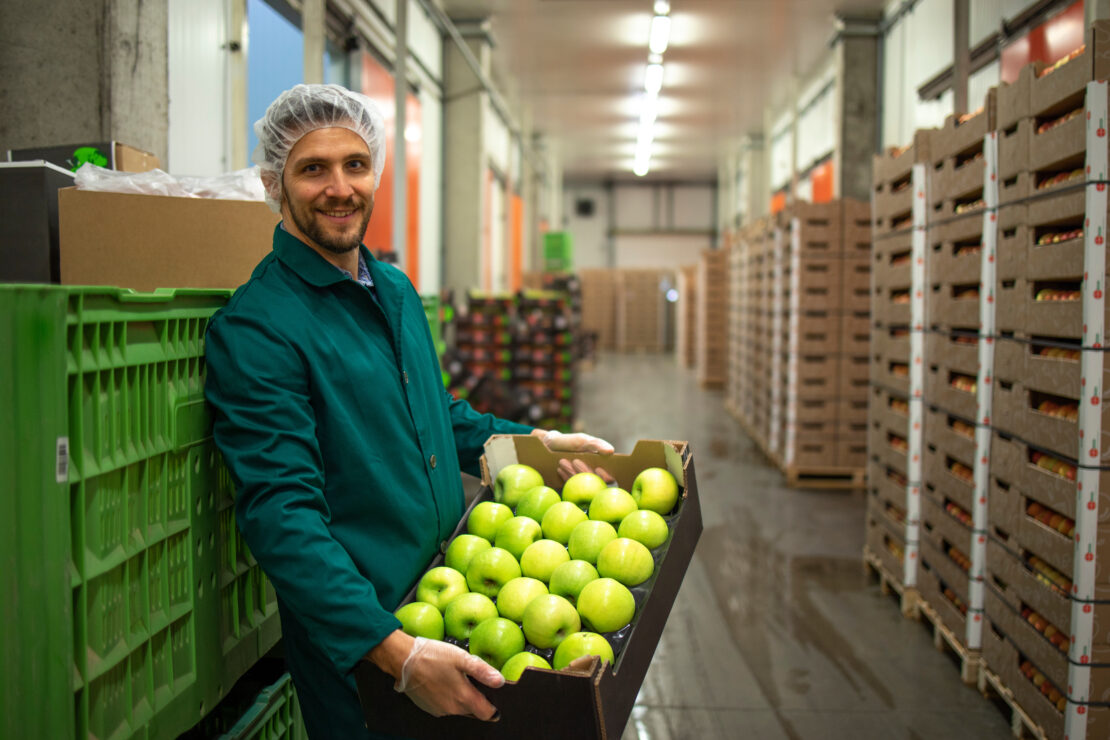
In business it is extremely important to know just where your ingredients have been, how they are harvested, produced, and transported and who is involved with their handling.
If you have entrusted third parties to make up your ready meals, sandwiches, potted salads etc. you really need to understand their quality management processes including the due diligence they undertake when sourcing and procuring raw ingredients.
The fresher production we control, the less hands and potentially less harmful cross contamination is involved should be the fundamental starting point for setting up and running of a public facing food service business.
We are up against system failures and food fraud from many directions; therefore, it is vitally important that we remain vigilant with the supply chain and ensure good practice, e.g. ready eat salad leaves: wash anyway.
The news in the media about the possible presence of the Shiga toxin-producing E. coli (STEC) was startling. For more information: https://www.food.gov.uk/news-alerts/alert/fsa-prin-31-2024
Cross contact and cross contamination in kitchens require equally robust measures and procedures all preceded by good training for all food handlers.
Food safety manuals and training always reference washing of hands and utensils between RTE and non RTE foods (Ready to Eat). And rightly so as a fundamental of safe food handling management.
Less is said, however, with allergenic foods. Businesses should consider implementing the following instructions and policies:
- Make sure utensils used for free from preparation and possible cooking are kept separately to reduce allergen cross contact.
- Utensils (and surfaces) used for separate dishes must be cleaned and sanitised before preparing the next dish.
- Clearly label and seal ingredients to reduce any risk of allergen cross contact. Segregate stores where possible.
Above all using trusted suppliers is paramount and with an efficient and highly trained kitchen team the risk of reputational damage and causing harm to individuals will reduce significantly.
Julian Edwards, CEO, Allergen Accreditation


